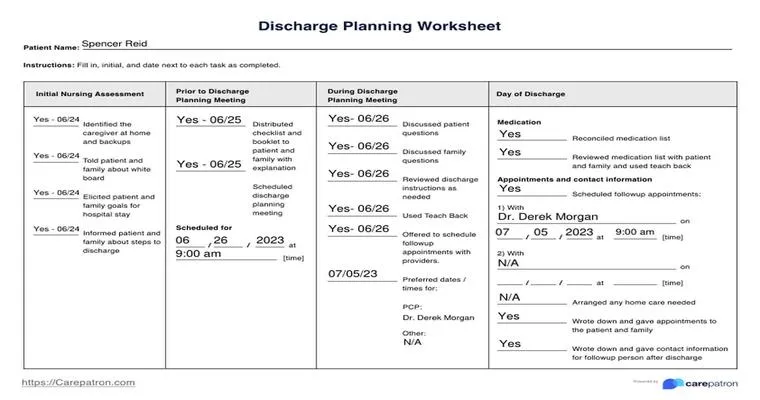When an "84-year-old" loved one is treated for a "UTI" (urinary tract infection) at the "emergency room", it can be a concerning experience for family members. If your elderly parent, like my mom, has just been diagnosed with a UTI and is being sent home, it’s important to understand the next steps you should take to ensure their well-being.
First and foremost, it’s essential to understand what a UTI is and why it is particularly concerning for older adults. A urinary tract infection is an infection in the urinary system that can lead to symptoms such as frequent urination, burning sensations, and confusion. In older adults, UTIs can sometimes present atypically, leading to confusion or agitation rather than the classic symptoms. This condition can be serious if not treated promptly, so it's good that your mom was evaluated at the emergency room.
Once she is home, it’s crucial to monitor her symptoms closely. Keep an eye out for any changes in her condition, such as increased confusion, fever, or worsening pain during urination. It’s also important to ensure she follows the treatment plan prescribed by her doctor, which may include antibiotics to help clear the infection. Make sure that she takes her medication as directed, even if she starts to feel better before finishing the course.
Hydration is another key aspect of recovery from a UTI. Encourage your mom to drink plenty of fluids, as this can help flush out the bacteria from her urinary tract. Water is the best option, but other fluids can also contribute to her hydration. If she has dietary restrictions, consult with her healthcare provider regarding the best options.
Additionally, consider her comfort and safety at home. Since she is 84, she may be at higher risk for falls or other accidents. Make sure her living environment is safe and accessible. This may involve removing any tripping hazards, ensuring adequate lighting, and considering the use of assistive devices if necessary. If she needs help with daily activities, do not hesitate to reach out to family members or professional caregivers for support.
Lastly, keep the lines of communication open with her healthcare team. If you have any concerns or questions about her diagnosis or treatment, do not hesitate to reach out to her primary care physician or the doctor who treated her at the emergency room. It’s essential to be proactive in her care, especially when it comes to managing her health as an elderly individual.
In conclusion, while it can be worrying to hear that your 84-year-old mom has a UTI, taking the right steps can help ensure her recovery. Monitor her symptoms, encourage hydration, maintain a safe home environment, and stay in touch with her healthcare providers. By being proactive and attentive, you can help support her through this health challenge.





